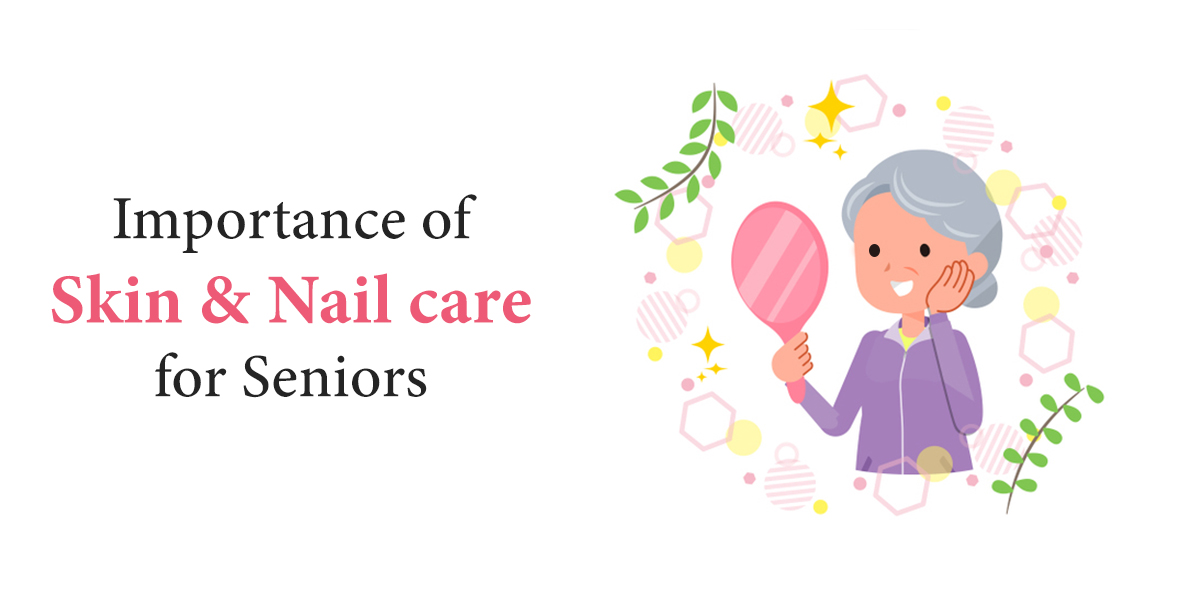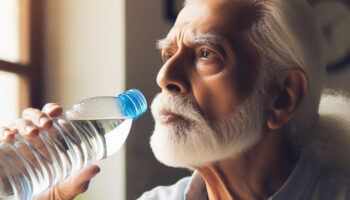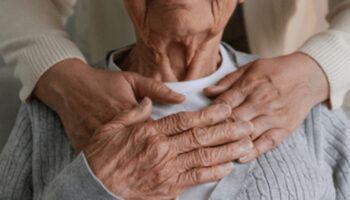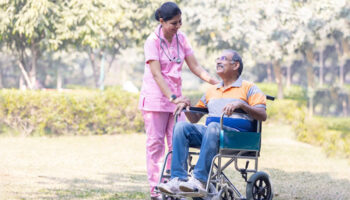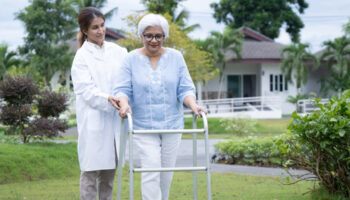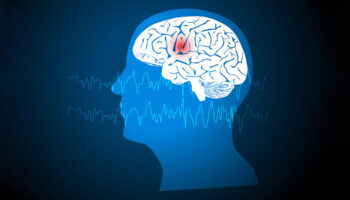The definition of being hygienic does not complete without the mention of skin and nail care. Ever wondered why the doctors check your nails, skin, and mouth whenever you fall sick? That’s because skin and nails are the reflection of a person’s health.
Such skin loses its elasticity, moisture, becomes thinner and fragile as a person ages. The reduced production of collagen and elastin are the reasons behind it. On the other hand, brittles, discoloration, deformity in nails of older adults can lead to nail infections and disorders.
hen how can one go about the skin and nail care for seniors? Buckle up. This blog is all about answers for this question.
Skin care for seniors –
The health of a skin tells a lot about the overall health of a person. Aggravating skin health is a natural process but seniors can slow down this process with the right care.
The common tips start with being hydrated as no other moisture can hydrate the skin like the water does. Also, eat healthy. By that we meant, eat as many vegetables, fruits, and dry fruits as possible.
A quick tip for better skin care for adults – If you are searching for better skin care products for seniors, go for the ones that are non-fragrant. Now, here are the other tips that you should follow for higher success in keeping your skin healthy.
A quick tip for better skin care for adults – If you are searching for better skin care products for seniors, go for the ones that are non-fragrant. Now, here are the other tips that you should follow for higher success in keeping your skin healthy.
- Start and end your day with a body lotion – Go for moisturizing body lotions that contain ingredients such as emollients, humectants, and hyaluronic acid. Hyaluronic acid has properties that keep and hold water for hours. Lotion is the solution for many skin issues such as dryness, cracks, and itching.
- Use water and soap mildly – Even though skin needs water, it should be by drinking more and more of it. Washing your skin regularly makes it even more dry. And, if you use soap frequently, you are doing more harm than you can think. Use warm water for bathing and do not use shower gel or soap more than twice a day.
- Sunscreen location is a must if you are heading out – Being sun-protected helps your skin dodge the harmful UV rays. Apply sunscreen lotion whenever you’re heading out, irrespective of the time of the day. Go for sunscreens that are above SPF 15 or more.
- Dress sensibly – Not just when you are outdoors but even when you are within your home, always dress sensibly. Go for clothes that help your skin breath better and there is enough inflow of air. Do not wear clothes that are too tight.
Most importantly, vitamin D deficiency can be one of the major reasons for your poor skin health. Go out in the evenings and early mornings to source it in the best way – the natural way.
Nail care for elders – Nails, just like the skin of elders, face many issues as they age. Especially toe nails undergo a lot as they are often associated with many health conditions. Here are the tips that help you take better care of them.
- Apply nail oils – Use a recommended nail oil on a regular basis. It helps you avoid nail cuticles and hangnails that can cause extreme pain. The temptation to pick the skin around them is natural but applying nail oil instead saves you from a lot of pain.
- Trim your nails frequently – If you observe nail care in assisted living communities and senior living homes, the caregivers help seniors cut their nails at least once a week. This is because growing nails means growing nail issues.
- Dry your nails whenever you wash your hands – If washing hands is a good habit and wiping the water off the fingers and nails is a better one. Wet nails will break easily and also pose threats of infections. Always wipe them clean.
It might sound cliche for many but do not bite your nails. It will not only leave sharp edges that may lead to scratches on your skin. Use sharp manicure scissors to trim your nails.
Always giving your nails and skin the proper care that they deserve is not just important but imperative for the overall health of seniors.
